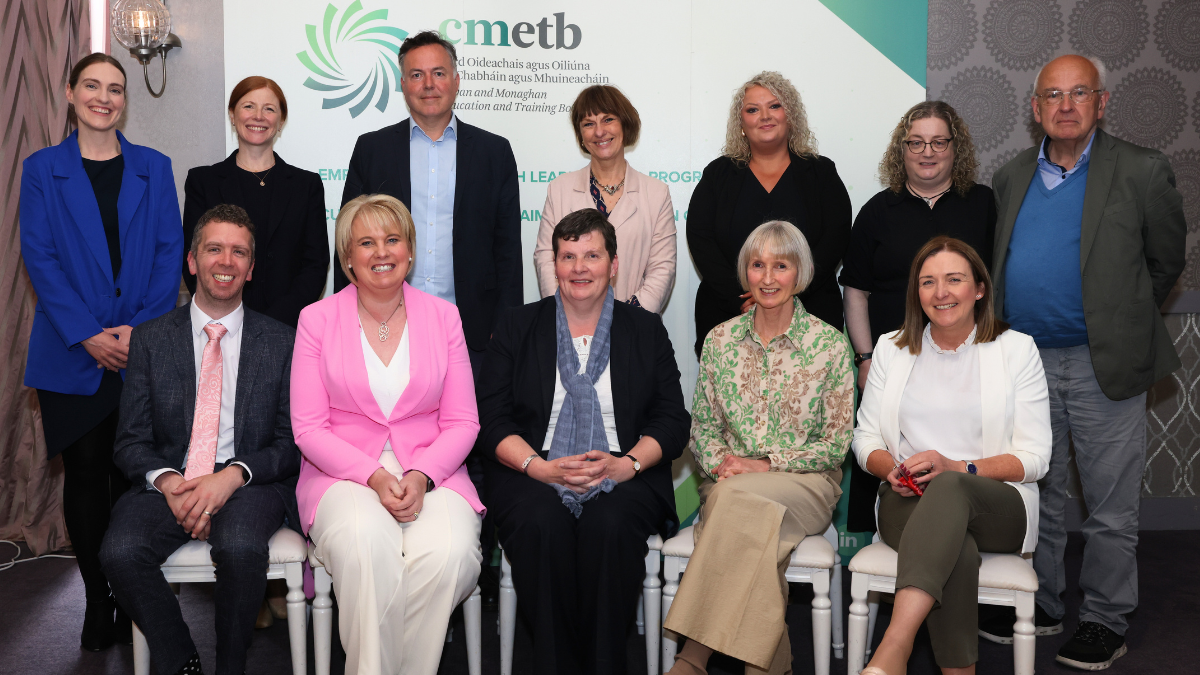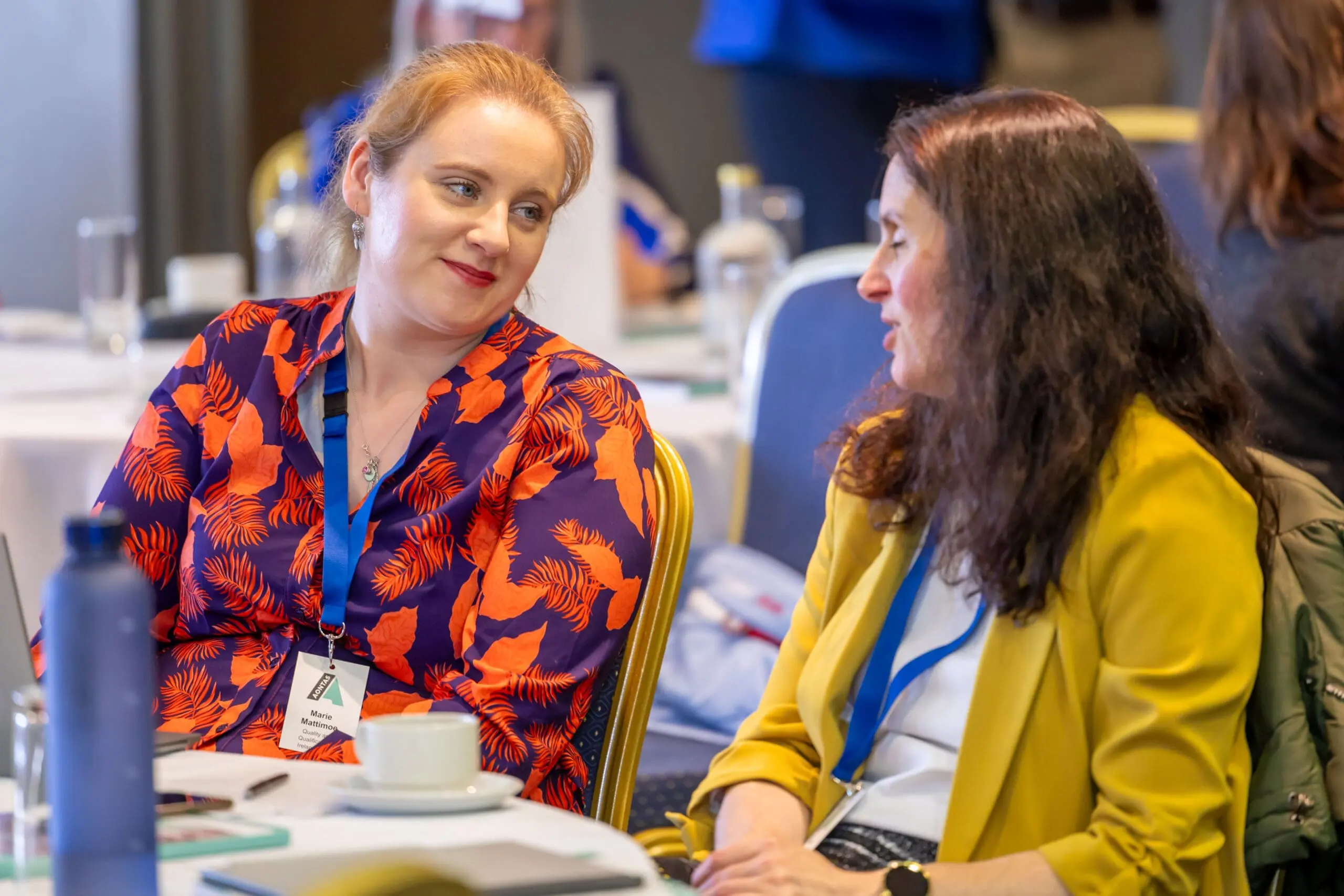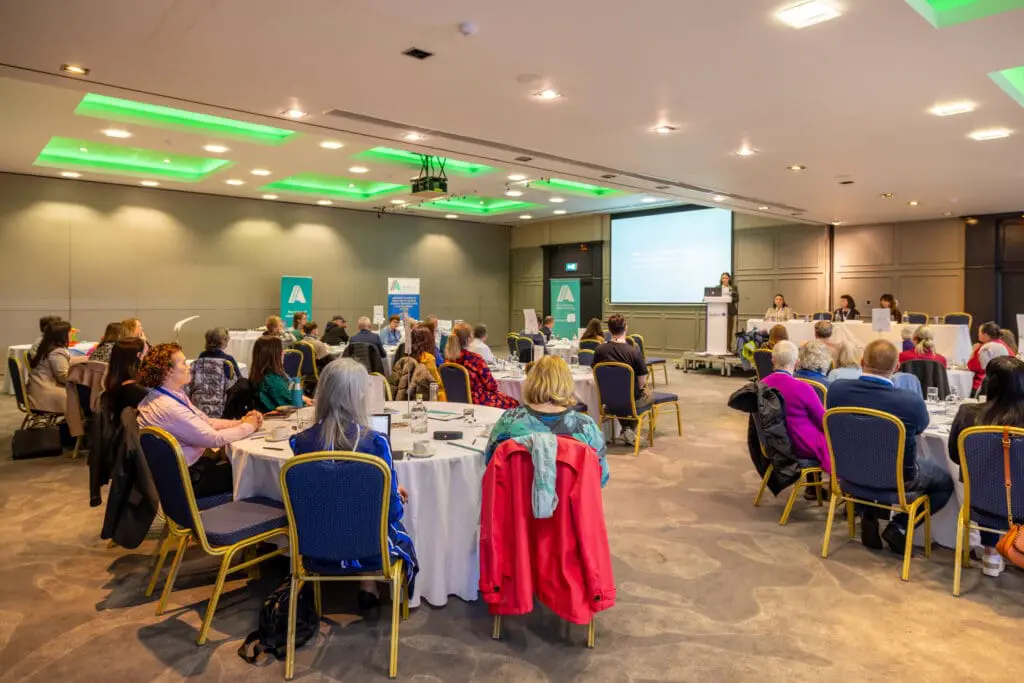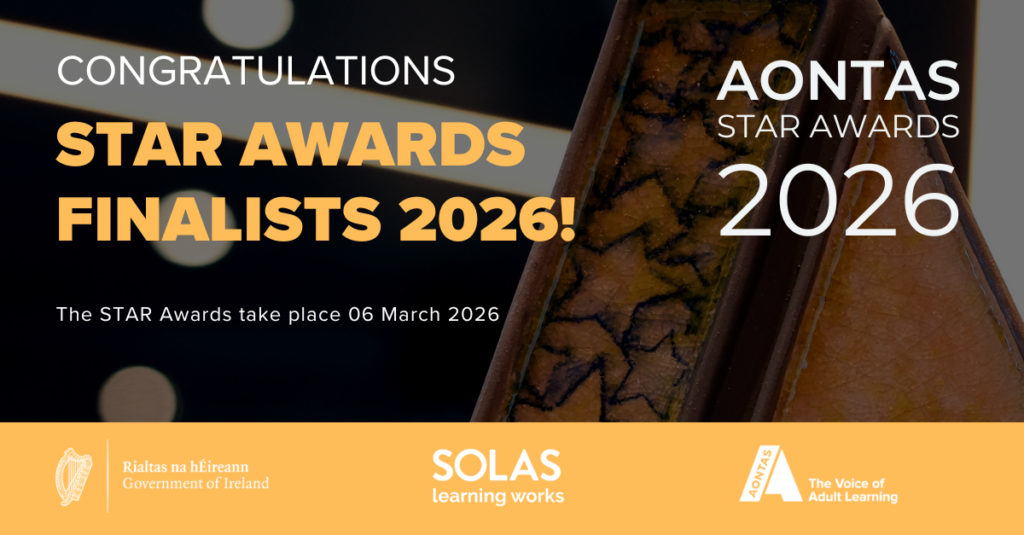So, learners are not just customers but actively shape education in Ireland, now and for the future.
We at AONTAS set up the National FET Learner Forum in 2016, with the support of SOLAS. This is a series of events that we hold in partnership with the Education and Training Boards (ETBs) around the country, gathering opinions and experiences from adult learners. These are open spaces for learners to express their views, with no ETB representatives present at learner discussions, and with independent facilitators as guides.
Over 1,700 learner contributions to the research are reflected in this report. These research findings are the basis of all our advocacy work at AONTAS. When we meet with the Department of Further and Higher Education, the Minister, or funders, we ask for changes to education policy with these findings in mind.

What does the report show?
These are the main themes coming up, what adult learners are saying, and some recommendations for action.
Respect and inclusion
- 95% of learners said that they felt respected by tutors and ETB staff.
- Learners recommend that ETBs continue to cultivate an atmosphere of respect and inclusion for and among learners. This may include taking more steps to recognise and include people based on things like gender, race, disabilities, or Youthreach status.
- Learners also recommend hosting more coffee mornings and extracurricular activities for people to get to know each other more outside of class.
Mental Health
- 64% report increased self-confidence after taking a FET course.
- 58% report having a more positive outlook on the future.
- However, 52% of learners experienced stress, anxiety, or depression, with 35% stating it affected their ability to learn.
- This increases to 75% for people living with long-term health issues, illness or disability and 74% for Traineeship learners.
- More mental health supports and counselling services are needed. More counselling sessions should be easily available to learners.

Transport
- 63% of learners are not satisfied with the availability of public transport to and from FET centres and work experience.
- This is especially important for people living in rural areas.
- Learners recommend introducing shuttle buses or aligning class schedules to local bus times.
- Learners also recommend more fuel and travel allowances.
Accommodation
- Focusing specifically on people who don’t own their own home, 36% said that their living situation affects their ability to learn.
- 51% of people in Direct Provision say their living situation affects their ability to learn.
- While 27% said that their living situation causes them stress, worry, or anxiety, another 14% stated that they would prefer not to answer this question, which may indicate a fear of speaking up about the mental health challenges linked with housing.
Buildings and Facilities
- Each centre should have a canteen with space for lunch with peers, affordable healthy food, kitchen equipment for learners to use for their own lunches.
- 87% of learners were satisfied with the availability of laptops for their courses. Laptop loans schemes should be available at all FET centres. IT hardware and software should be up-to-date and there should be WiFi.
- Everyone should be able to access the centre equally, including those with mobility issues or other physical needs. This includes working ramps and lifts, and sensory rooms for neurodiverse learners. We recommend that FET centres review buildings to support physical accessibility for all learners.
General or practical supports, and guidance
- There needs to be more support for practical things that make it possible to do a course, like fees and other costs, childcare, and meals.
- Student cards for FET learners.
- A Student Hardship Fund – like at universities.
- More ESOL courses (English for Speakers of Other Languages).
- Flexibility of timetables, including early morning or evening courses – particularly important for people with childcare needs.
- Continuous assessment and flexible deadlines – especially for people in difficult or challenging circumstances.
- Clearer guidance and employment routes or next steps for people who want them, including developing a system for work placements.
Communication from education centre
- 41% said they didn’t receive information from their centre about supports or services to help them, like with transport, meals, childcare, or costs related to doing the course.
- Learners recommend more advertisement of FET courses and how they are beneficial – not just for people’s education but also for their mental health and self-confidence, and for meeting new people.
Next steps
Many of these issues don’t exist in a vacuum and are part of a broader problem in Irish society. Some issues are within the control of an ETB or FET centre, and some have to be changed by the Government.
We at AONTAS continually raise these issues with decisionmakers to seek change. We are launching the “Learner Voices Across Ireland” report in Athlone on Wednesday 17 October 2024. You can read the full report on our website, aontas.com.





